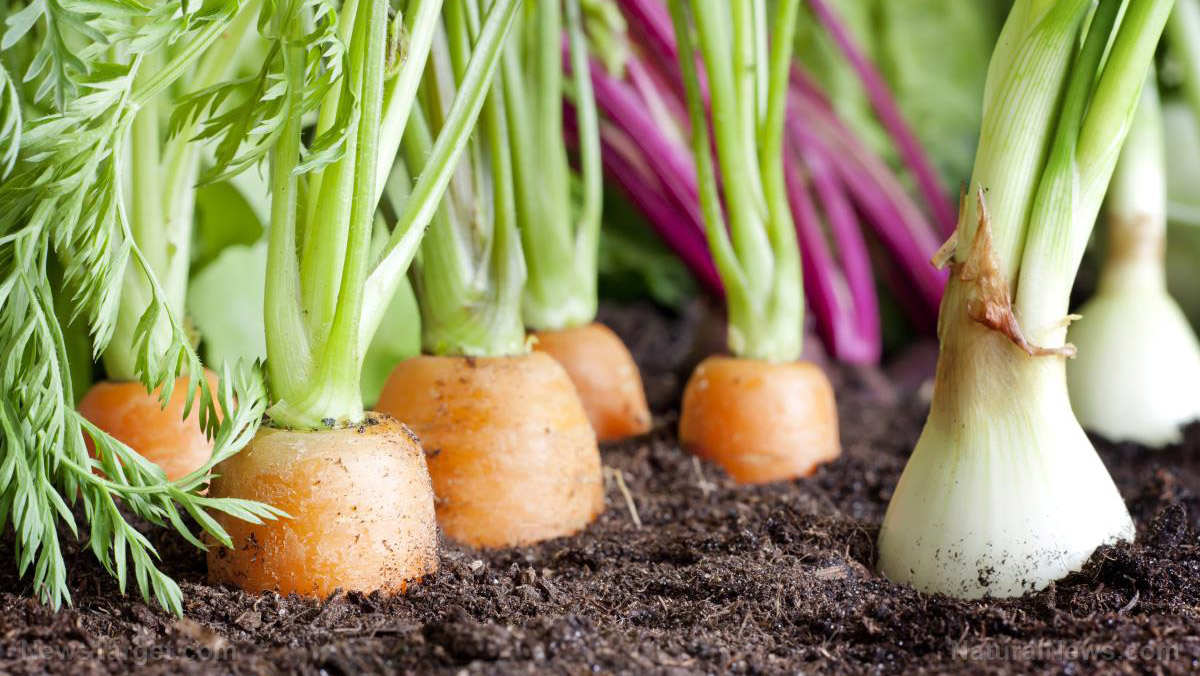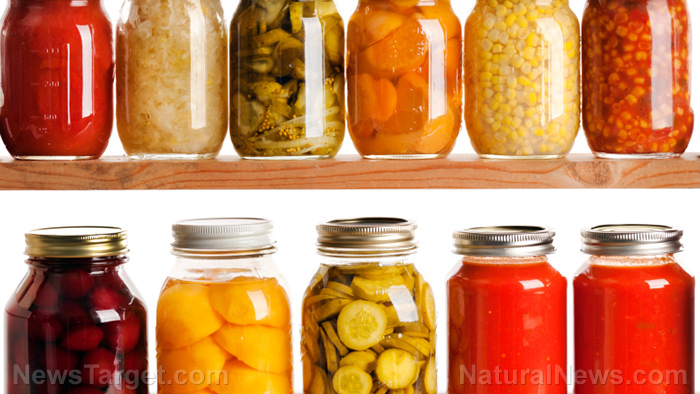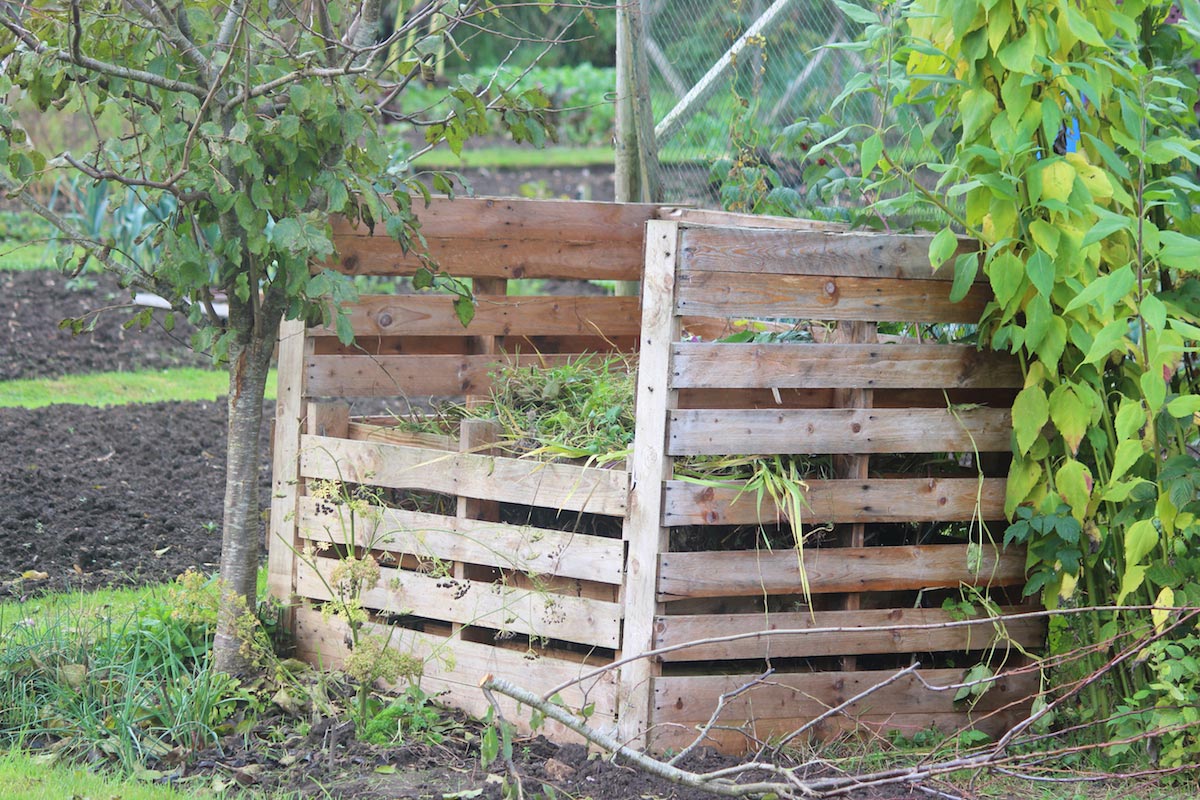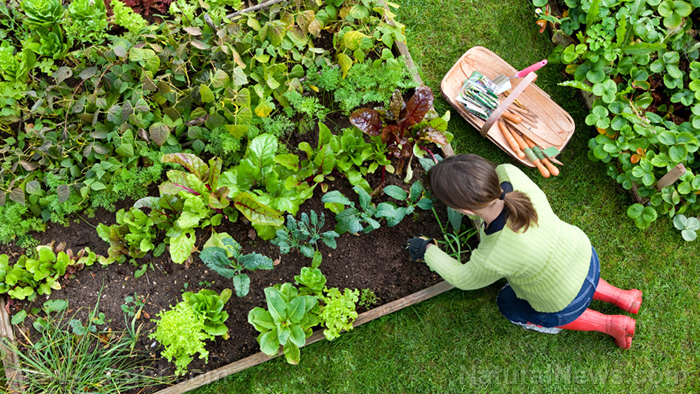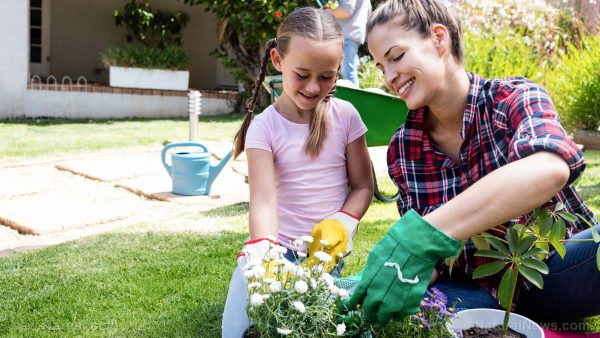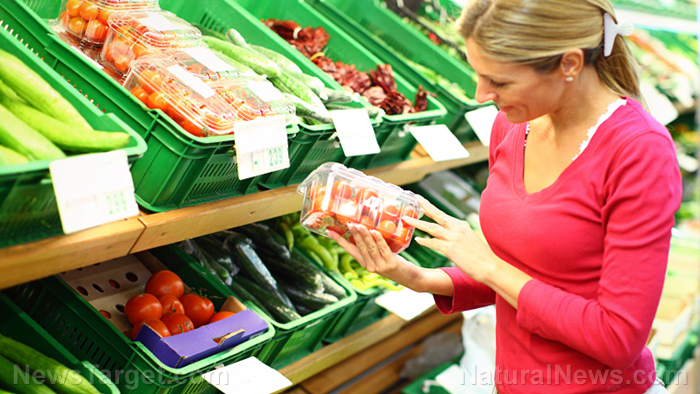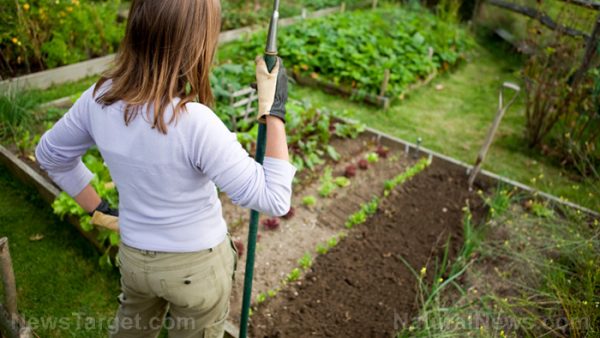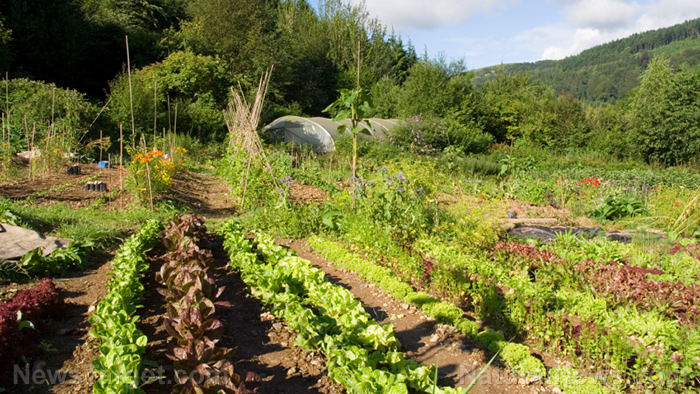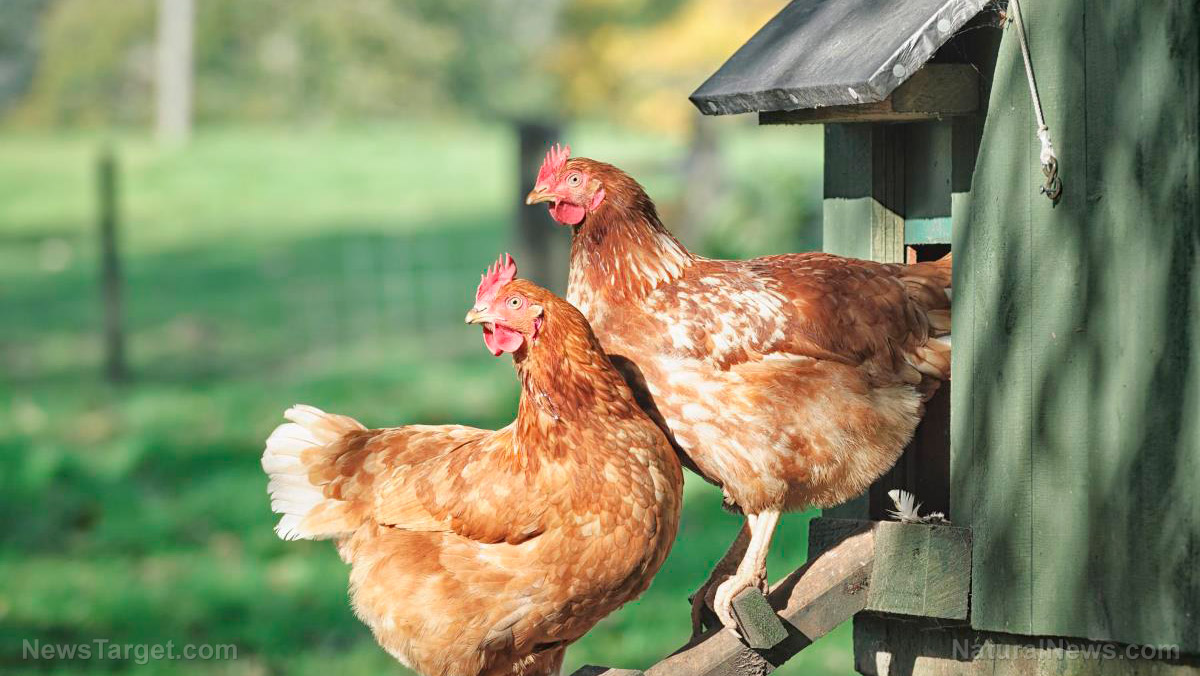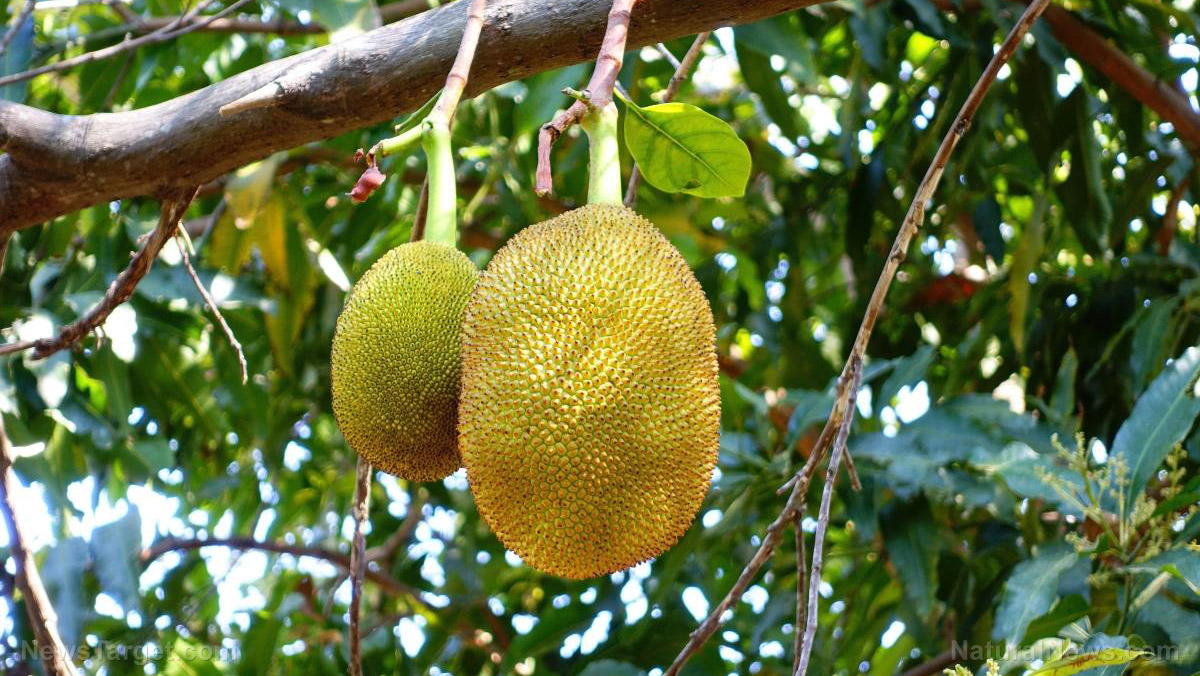A woman’s journey to promoting food independence and helping the local community in Tanzania
12/01/2017 / By Russel Davis

Shea Belahi has always wanted to grow her own garden, often getting reprimanded during childhood for picking vegetables that did not belong to her family. Many years later, she would eventually establish her own small business called Heirloominous Farms in Urbana in Central Illinois. Belahi has then encountered a much bigger opportunity to reach out to farmers in Tanzania and teach about organic gardening.
Reports show that agriculture makes up a third of Tanzania’s economy. Belahi has flown to the East African country as part of the Farmer-to-Farmer initiative, an exchange program from Catholic Relief Services and the United States Agency for International Development.
“It was really shocking, right before Christmas this opportunity for Tanzania happened, and I was again, totally in shock that farming could send me around the world and do work that I think is really important as well. I talked a lot about soil health and the role of composting. We built a compost pile and we did a lot of soil testing,” Belahi tells Illinois Public Media News online.
The Illinois-based small business owner has taught the farmers about various ways to grow food without using chemicals and pesticides on their crops or in the soil. Belahi focused mostly on pest and disease identification as well as the increasing global preference for organic farming. (Related: Organic farming explodes 13%… Biggest growth since 2008.)
“They were really interested in the organic movement. It’s not happening in Africa yet, but they know the rest of the world is moving towards organics, and they can’t sell their produce or export it because they are highly using chemicals. The one thing I took away from the farms and from the people that I worked with is that nothing goes to waste…every single thing that comes off of their property or their farms either goes to animals or family, or they sell it. I would like to be able to expand that on my farm and any produce that isn’t used gets donated somewhere,” Belahi adds.
Organic farming gains steam in the U.S., but remains untapped worldwide
Organic farming has shown a significant increase in popularity among U.S. households, a United States Department of Agriculture (USDA) survey reveals. According to the survey, there are now 24,650 certified organic operations across the country. This equates to a 13 percent increase compared with 2016, and marks the highest growth rate since 2008.
A report published on The Guardian website also highlights the beneficial effects of organic gardening on overall nutrition, social relevance and environmental health. Experts note that organic farming proves to be more profitable and environment-friendly compared with conventional farming. Likewise, the experts discuss that organic farming provides gardeners and farmers with greater social benefits than conventional farming practices. Moreover, organic gardening yields equally or more nutritious crops due to the absence of pesticide residue.
However, the experts have quipped that organic agriculture occupies only one percent of the total global agricultural land. This means that the practice remains relatively untapped as a potential food resource for a global population that may reach 10 billion by 2050, the experts add.
Sources include:
Tagged Under: agriculture, environment, farmer exchange program, farming, food independence, frest, gardening, green living, homesteading, Organic, organic farming, organic food, sustainability, Tanzania


